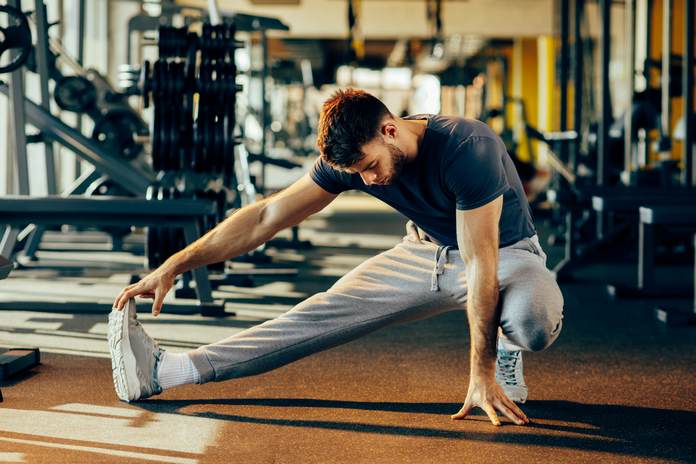Calf Pain – is it Serious, and How To Prevent These Problems

The calf muscle is the most important muscle for walking, but sometimes calves become painful, for example, after strenuous physical activity with your legs. If you’re not used to exercising your calves and suddenly start doing it the day after, you could experience delayed onset muscle soreness.
But sometimes, calf pain can be a severe problem, for example, in the case of an Achilles tendon tear or deep venous thrombosis. Achilles tendon tears happen when the calf muscle is overstretched. It is a severe injury that triggers significant pain and should be evaluated by a doctor as soon as possible. Deep venous thrombosis happens when a blood clot forms in the deep veins in your leg. It usually occurs in your legs because they tend to have stagnant blood flow, especially if you have baseline blood circulation problems.
Not all types of calf pain are serious, and prevention strategies are different if you live an active lifestyle or have risk factors for cardiovascular disease.
If you live an active lifestyle and calf pain due to muscle-related issues are the most likely, you may want to consider these prevention strategies:
- Warm up and stretch: Before exercising, it is recommended to warm up and stretch your leg muscles. This is recommended before running or playing competitive sports. It allows your calf to receive the blood flow it needs to function correctly. It also reduces the risk of overstretching your calves when they are elongated.
- Receive a massage: After working out your legs, you can also receive a massage to reduce the risk of delayed onset muscle soreness, muscle spasms, and similar problems. A massage will also improve blood flow to your lower leg.
- Take frequent breaks: The more you exercise, the more tired your body gets. You should take breaks between exercises and activities to rest your calf muscles. Relaxing your calf muscles is also the best way to relieve the pain you may experience.
